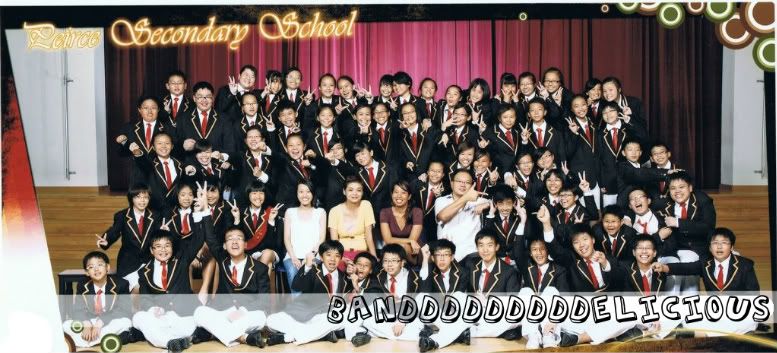Double Sharps
Im going to translate the super cheem paragraph posted by god knows who :)
People often wonder why double sharps are neccesary, because any pitch notated as a double sharp can always be written enharmonically without the use of double sharps or double flats.
This means that any note written with a double sharp can also be written with a note that has only 1 sharp/flat sign.
e.g A double sharp = B natural = C flat
The answer is in the spelling: when writing chords, one does not write only by sound, but also by how the chord is logically structured and spelled.
Im sure you intelligent people know the 135 chord right? Some chords have double sharps in them. And if you dont use double sharps for the chord, it will end up as a 145 chord.
But all 135 chords must be presented in the 135 manner, so yeah, double sharps solves the problem. And this applies to all chords.
A parallel in language is the fact that you can often spell things so that they sound the same: for example, "subtle" could be spelled "suttle" and would still sound the same, but it's not correct to spell it that way. However, where spelling is just a matter of agreed convention, the reasons for double sharps and double flats are more fundamental.
Hopefully, you understand the 1st part of this paragraph about words sounding the same. Its just like how Mei sounds like May, Sean sounds like Shawn, Beverley sounds like Beverly. But you normally write down their names in the proper way unless you dont know their name.
For the 2nd half, they said that 'the reasons for double sharps and double flats are more fundamental'
This means that it is written in respect of music theory, not because whoever who wrote the double sharp/flat wants to screw you up in case you were sight reading.

